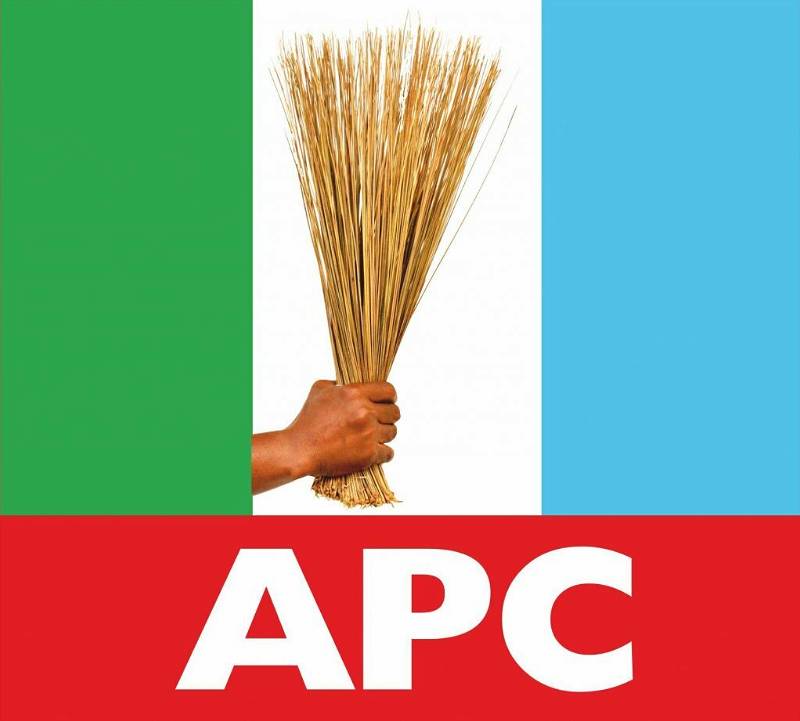For Nigeria at 63 years since its independence, there is an urgent need to resolve the long time dilemma that constrain attempts at National Integration for its development strides at nation-building for nationhood.
This is in consequence of the British imperialist policy of balkanization and amalgamation. The Berlin Conference of 1984-5, laid the immediate springboard for the European scramble for African and carving up of arbitrary political boundaries and frontiers based on the extent to which the colonizing power could succeed in churning out colonies for themselves, without regard to the cultural and historical disparity of the people.
However, without necessary professing to be a prophetic historian with one’s head turned backwards, as someone had said of historians, one can justifiably recall that
the imperialist interventions was primarily for economic exploitation which brought about the various hitherto, isolated, independent political units, in their traditional structures, kinship ties and caste groveling, historical and priestly groups to co-habit in one geographical expression – Nigeria.
Nevertheless, for the absence of a unifying consensus among the cohabiting heterogeneous groups, this led to critical nation-building loads for Nigeria, viz-: ethnic chauvinism, religious fundamentalism and linguistic temperament induced expressions by the over 250 linguistic groups to constitute the moral serration determining factors for political alignment and allegiance, rather than the Nigerian State of the first republic leading up to the military interregnum/intervention in 1966/67 into the politics of Nigeria due to the centrifugal forces that were set in motion as the said political independence eliminated the need to act together against colonial forces. Rather, the issue became: “who shall succeed the departing Europeans?”
Furthermore, given our experience of the Military Rule for a unitarian structured federalism and with the recurrent Civil-Military interventions as an endemic problem of military intervention up to the 1999 handover to civilian rule and lasting until date, it has become a widely held view, that military explanations do not explain military interventions and that the most important cause of military interventions in politics are not military but political. The reason for this is that military interventions in developing countries is seen as only one specific manifestation of the general politicalization of social forces and institutions.
It is therefore an acceptable fact that, unless the problems of sub-national loyalties are suffocated, the national integration dilemma will continue to incur the resultant structural defects syndrome on the ability of the political leadership efforts to use available resources to improve upon conditions of life in a given community, government, community or donor development efforts all inclusive.
This problematic situation can be noted as exemplified by the agitations of ethnic-nationalities over their concerns as indigenous communities said to be “faced with myriads of challenges, including degradation of land, disposition and threat of annihilation and lack of access to modern amenities” as reported, and at variance to the inspired concerns of the indigens, who now call for “drastic changes of the constitution”, for regreting that “the constitution turns out be a stealthy replacement of western imperialism with the yoke of settler colonialism”.
As this could be seen as arising from cleavages of ethnocentrism, sectionalism and parochialism, known to have persisted over the years against the desire for a stable political structure to maintain our economic advantage to of size and to satisfy the welter of ideas which the country confronts among its diverse socio-cultural realities, therefore, we must come to terms as now demanded, to undertake reforms of our traditional-bound institutional machinery of government, by redefining the type of leadership we want, for a “rebirth” of the political system, in order for it to operate as a true democracy and with cost efficiency and targeted achievements to fulfill a sense of “how we want to be governed”, to attain social, political and economic democracy, other than in winning elections, that moreorless is with deep division among segments of our population, leading to negative outcomes of he selfish interest of the educated elites over ignorant members of their ethnic group to achieve selfish gains, the economic disparity in physical development of regions, social-class differentiation with the neglect of the lower class, ethnic bias leading to conflicts of group interest indentities, or, the poor influence of government at the grass roots and village level to maintain but a few and which also serves as obstacles that hinder the equitable distribution of power and resources to achieve a balanced development of the national-economy.
For these reasons, an “overhaul” of the political structures, especially for the third tier of government is inevitable, to enable it deliver on the essence of governance at the “grassroots” in promoting national integration. To this end, the need to streamline the operational activities of Local Government Councils in Nigeria to achieve a sense of collective responsibility and as a system with due “checks and balances” is uppermost in the minds of Nigerians.
In this wise, the establishment of a parliamentary system of government is widely recommended for Local Government administration, to enable it embrace and reflect a community participatory governance by the elected councilors and wiyh granting some powers to traditional rulers of the community level to play roles in strengthening democracy and security at the grassroot. Again in so doing, the local administration will gain the acceptance and goodwill of the people to work more equitably for their confidence on its ability to deliver to the successful ends of its institutional goals and in support of individual destines. Local governments can therefore become focused on creating an organized society for our collective welfare, devoid of a vexed past experience of a divide-and-rule colonial approach to governance, by erasing the alien colonialist, individualistic life style, that destabilized our social values and moral codes from being ones “brother’s keeper”, noted as a carryover from colonization, of the leadership indifference in governance and which is seen as completely amoral, in contrast with our otherwise indigenous moral sense induces in a given situation, for a self-imposed obligation to provide sucour which one can afford, to another in distress, especially with the sorry situation and social problems in our communities.
Hence the common understanding is that narrow nationalism can be popular for community development and would suffice in determining prosperity in relation to the propensity for education, agriculture, infrastructure, security, rural-development and so on and based on the local government’s leadership capacity and competence to utilize their inherent investment opportunities, respectively, to create considerable aggregate economic impact to the State;s economy, for common good.
For the government at higher levels, that is, of the federating State’s and the Central Federal Government of Nigeria, their ability to rise to the challenge and provide good governance by achieving the needed national-integration for prosperity is determined by their ability to push back the boundaries of our structural defects and partly as a function of the laws by which we are governed and also a question of the political will-power to act.
However, the creation of more States in Nigeria, as rightly be observed, has not solved the problem of national-integration. It can be seen to have merely opened up new hearts for elites competition, social mobility and crude accumulation by political and bureaucratic elites.
There have been calls to promote national-integration by returning to the old 3-4 Regional structures of Government. However there exist formidable obstacles to its re-adoption, owing to the ethnic bias for the expression of group identities, therefore such a program will fail the rights of the minorities to be preserved in a federation.
In addition, the creation of more states was introduced as a means of amending the inequitable distribution of political power and resources of the First Republic in which the Yoruba, Hausa Fulani and Igbo, dominated the super structure, thus to the unfolding of the minority group politics or politics of states creation, as a critical factor among others to the background to military intervention in the politics of Nigeria.
Political pundits have therefore chronicled that the policies and actions by Nigerian governments towards national integration so far has been an exercise in futility because they have led to zero dis-integration or mal-integration as the solution to the problem remains undiscovered, yet we are in position to agree with Obong Victor Attah, former Governor of Akwa Ibom State, on his call for a restructuring whereby the federating States and the Federal Government in Abuja operate as co-ordinates, with emphasis on productivity each according to its means and resources as this he maintanined were the negotiated terms that brought us together as a country in 1960.




